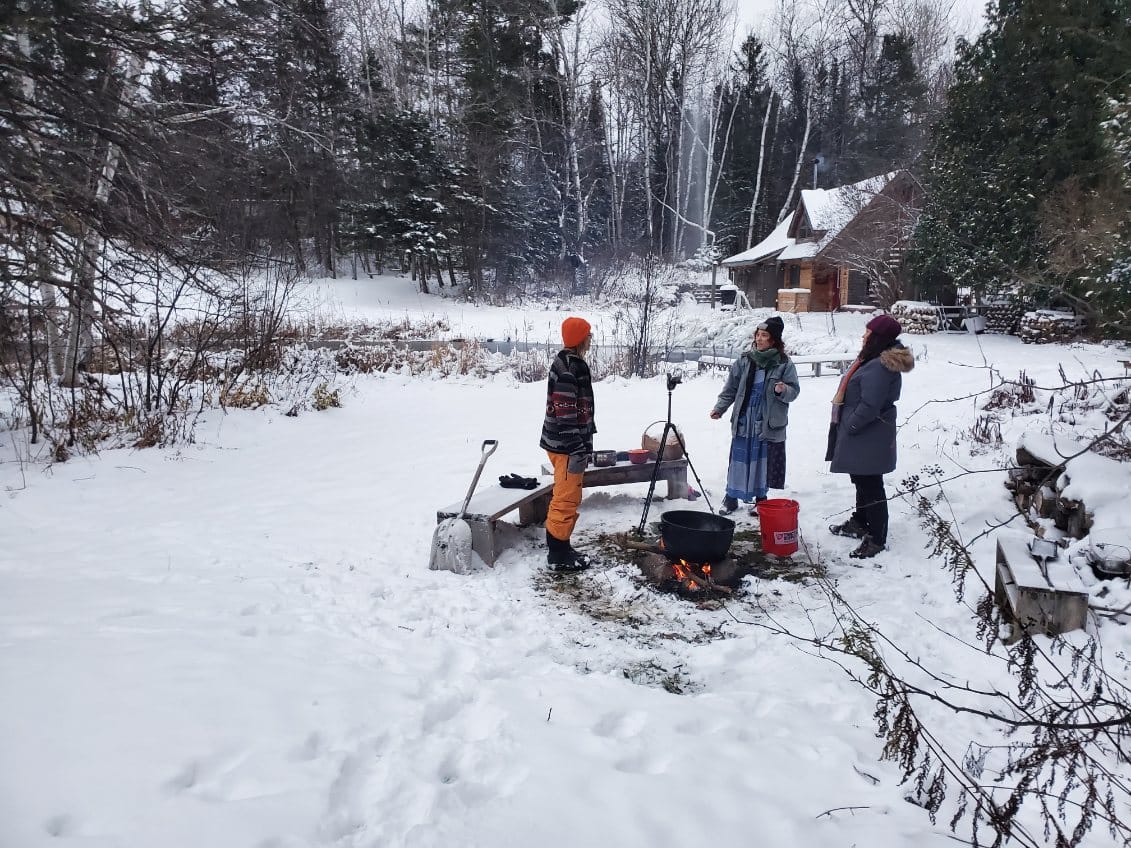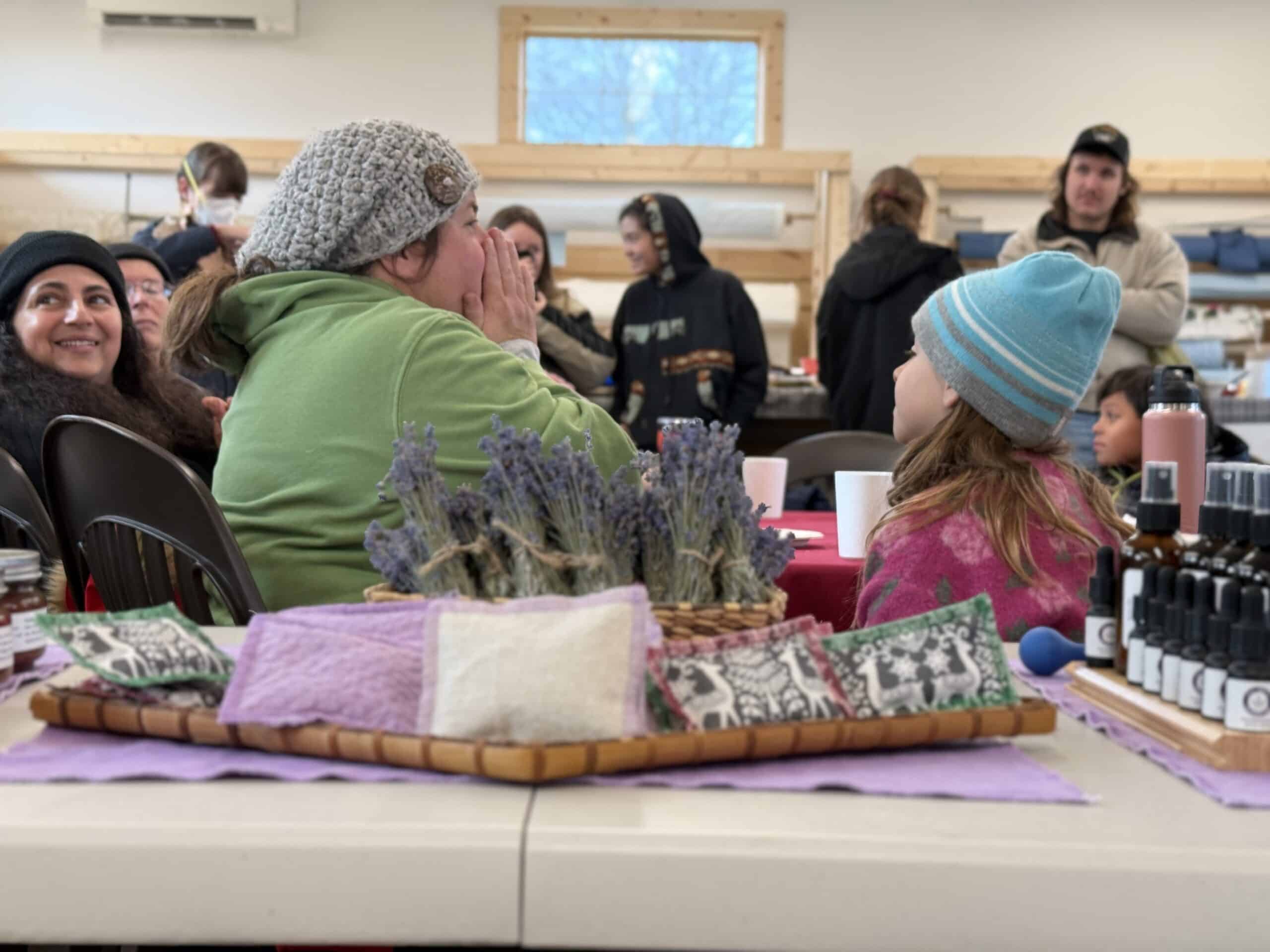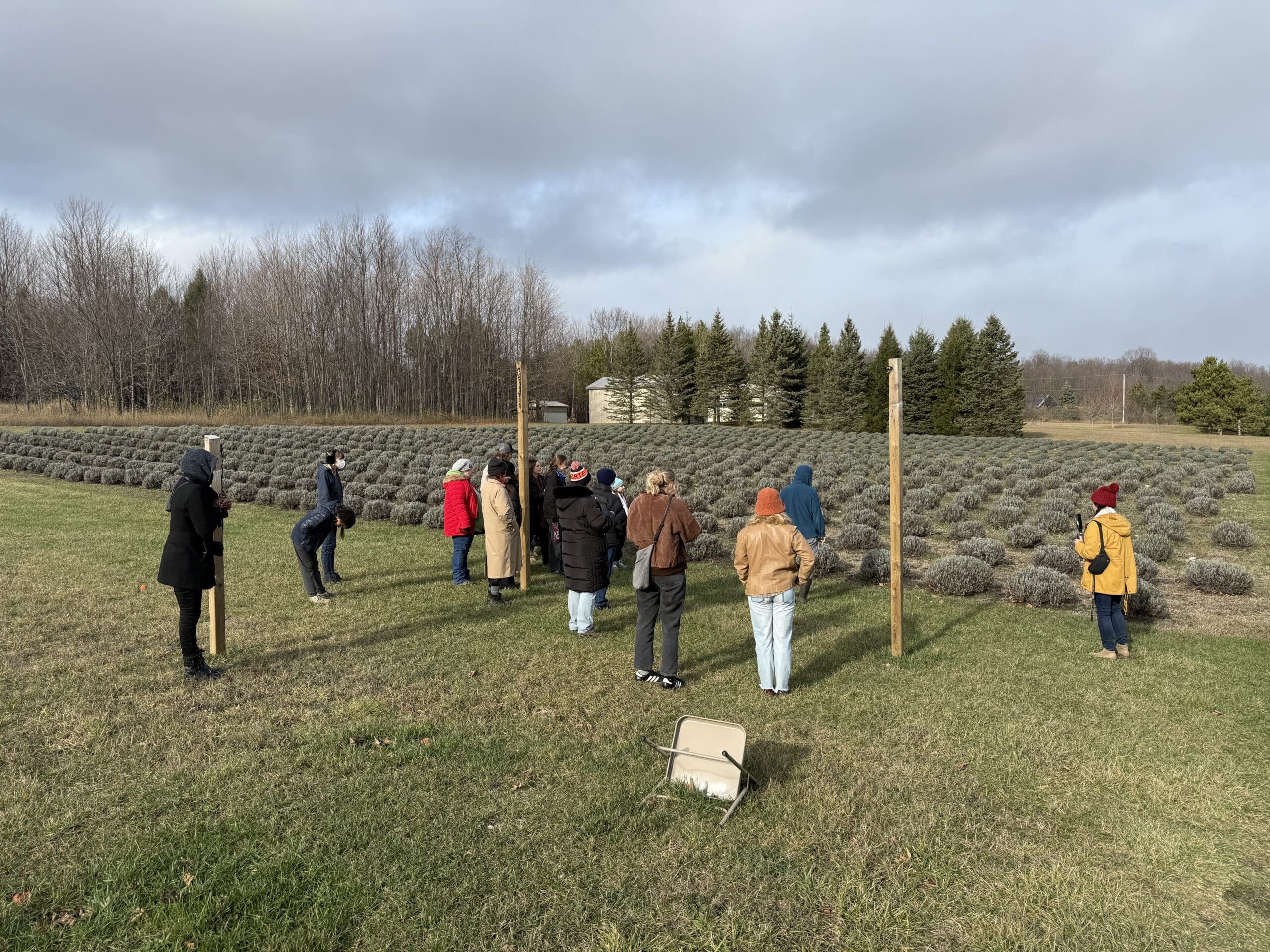RURAL-URBAN SOLIDARITY FUND
Artists Respond:
Bridging Gaps Between Communities
In partnership with Springboard for the Arts, CultureSource is proud to announce the Artists Respond: Rural Urban Solidarity fund which supports artists living, working, and creating in rural and urban communities.
CultureSource invites artists and creatives in Southeast Michigan to develop projects that explore the concept of rural-urban solidarity. Nine awards of $3,000 will be awarded. Proposed projects should help build understanding, interaction, compassion, joy, and solidarity between rural and urban communities.
CultureSource is one of three organizations—alongside Kentucky Rural Urban Exchange (KY) and RedLine Contemporary Arts Center (CO)—across the country seeding these small projects, and artists will have the opportunity to meet and learn from other participating artists.
Program Details
Project Stipend
- For individual artists who can demonstrate a strong connection to and experience in both rural and urban communities: nine (9) awards of $3,000
- Collaborative projects are encouraged and artists should be paid from the stipend.
- For two Lead Artists, one in an urban and one in a rural place, who are teaming up on a project together: $1,500 per artist, $3000 total
- Projects should be scaled to fit the stipend provided.
Project Requirements
- If activities are in a public or private space, you have permission/agreement to use that space/those spaces.
- Projects may not promote or denounce specific political candidates, parties or partisan campaigns.
- Activities must be completed by December 31, 2024.
- All activities must be free to participate.
- Projects do not need to take place in a specific physical location, but should actively engage both urban and rural people or places in the creation and/or delivery of the project.
Eligibility
Who can apply?
- Artists, creatives, storytellers, crafters, musicians, or other creative persons or culture bearers.
- Live or work in southeast Michigan in one of the seven counties CultureSource serves (Wayne, Oakland, Macomb, Washtenaw, Livingston, St. Clair, Monroe).
- Live, work, or have a connection with the community(ies) in which your project is taking place.
- Eligible artists may only submit one application.
What type of projects are eligible?
- Zines or writing collections
- Participatory projects like letter exchanges, collaborative poems, activity kits, videos etc.
- Visual displays or temporary public art (murals, lawn signs, posters, chalked messages, billboards, etc)
- Recipe exchanges or culinary projects
- Activations of public space (line dancing classes, story circles in a library, shared meals etc)
- The project must engage both urban and rural populations.
Apply
Nominations open on Thursday July 25, 2024. Nominated artists must submit their applications by Friday September 6, 2024 at 5:00 pm.
Artists may apply as individuals or as a group or collectives, but the Lead Artist(s) will be responsible for submitting the proposal, attending meetings with CultureSource, managing the funds, and ensuring the project’s overall success.
Process
Grantee Projects
Untitled
Kacee Jones and Scott McDougall
Detroit and Ann Arbor, MI
“We will publish a three-part zine and workshop series at a rural and urban farm over the course of three months. Each workshop will provide free zines and free plants from the sister location. These zines offer a space to grieve the decline of social and ecological communities and provide accessible and relatable ways to transform and repair them together in urban and rural settings.”
Lavender Sings to Water
Lolo Katz Nosanchuk
Detroit, Ann Arbor, Kalamazoo, Grand Rapids, Traverse City, Petoskey, Mackinaw City, Hessel, and Sault Ste. Marie, MI
“Fostering connection between plants, place and people, Lavender Sings to Water bridges rural and urban spaces through the curation of intimate group events that center around lavender sachet-making. As we busy our hands and allow the calming spirit of this plant to permeate our beings, we open our hearts to connection and conversation around place and root down into commitments to care for our human and more-than human neighbors.”
The Hidden Nation
Adam Kouraimi
Flint, Detroit, Petoskey, and Muskegon, MI
“The Hidden Nation (HN)” is a revolutionary Docu-Source series that highlights the stories of formerly incarcerated individuals from across Michigan, focusing on the resources and networks they used to rebuild their lives. As someone who continues to navigate these challenges myself, I understand how essential it is to share practical information with those who need it. This project will capture stories from both urban centers like Flint and Detroit, as well as rural towns in Petoskey and Muskegon, showing how people in different environments have leveraged local resources for reintegration.
Each episode will showcase real-world tools like job placement programs, housing support, and mental health services. The series will also feature an interactive digital database, providing viewers with access to these resources.There were community screenings to to unite both urban and rural audiences.”
Untitled
Rosa Zamarron
Marcellus and Detroit, MI
“The project centers on creating a compelling and intimate portrayal of two individuals—one from Detroit and one from Marcellus—through a “Day in the Life” approach. By documenting their daily routines, environments, and interactions, the goal is to highlight both the contrasts and the shared experiences between urban and rural life. The project took place in two distinct locations: Southwest Detroit to showcase the richness of urban life through the lens of someone living and thriving in the heart of this dynamic city. Marcellus, offering insight into the quieter, more agrarian way of life.The project will be shared by way of zines. The goal of this project is to foster greater understanding and empathy between urban and rural communities by offering a window into each other’s daily lives. By highlighting the “Day in the Life” of a person from Detroit and a person from Marcellus, the project will create a tangible connection between two places that may seem worlds apart. The zine, as a shared medium, becomes a bridge for these stories, illustrating that while our environments and lifestyles may differ, many of the same values, challenges, and joys shape our lives.”
More Information
All nominated artists will be asked to fill out an application for the grant opportunity. View a sample application here.
Questions? Contact us at grants@culturesource.org
Recommended Reading
What is Rural-Urban Solidarity?
Rural and urban communities need each other. While it may seem these communities have little in common, our lives are more intertwined than many narratives portray. Over the last decade, the so-called “urban-rural divide” has increasingly become a political strategy to provoke division, rather than supporting solutions, common ground, and shared meaning across our geographical differences.
In the upcoming election year, which is likely to be a heated political season, what might happen if we take the time to discover and affirm the ways in which urban and rural people share a future together? How might some of the daunting challenges of our time be re-framed, and how could new or deeper connections across geographies lead to more equitable and human-centered solutions?




